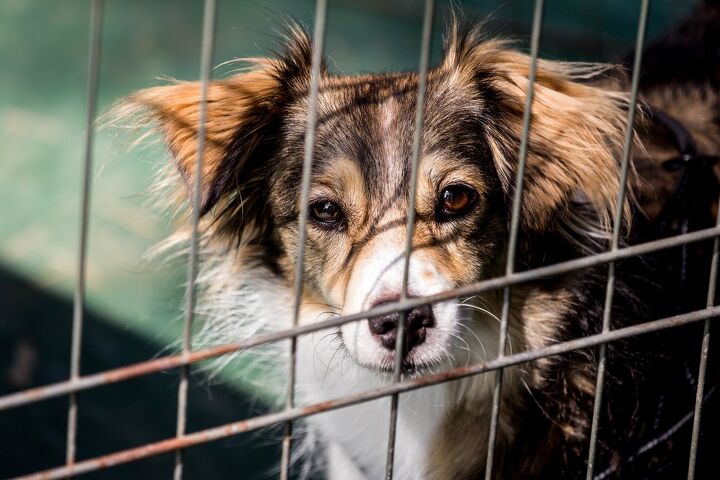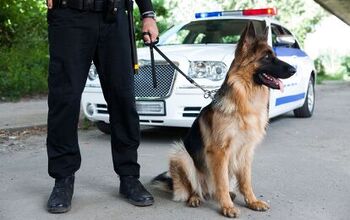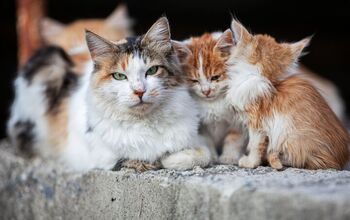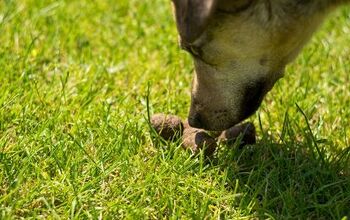How To Spot a Reputable Rescue

Rescue. For those of us who love animals, the very word brings up thoughts of courageous people going to great lengths to save innocent animals. Litters of puppies found dumped in the snow. Older dogs with bullet wounds. Cats with broken legs, or worse. The dedicated people who work in rescue reach out to these animals, nursing them back to health and then finding them forever homes.
Or at least that’s what should happen. There are other unscrupulous people who have used the term “Rescue” for their own personal gains. They act as little more than an animal broker, taking in animals and flipping them for a profit.
Related: Is Your Dog Really Rescued or Adopted?
As the number of people who choose to adopt a dog grows, so too does, unfortunately, the number of people who are burned by an unscrupulous rescue group. This gives all rescue groups a bad name.
While many people still proudly proclaim that their dog was a rescue, there have been an increasing number of people burned by bad rescues. If we do not act together, to put a stop to these bad rescue groups, I fear the general public will lose faith in rescue animals. And it will be the animals who will end up losing out.
Here are some characteristics of bad rescue groups:
Fanatics have a “Save Them All” mentality! No cost is too great, be it financial or social. Animals come first. Humans come second. This may even mean that a dog with a history of aggressive behavior, or even bites, will still be adopted out to an unsuspecting family.
These people usually have an overly active presence, with a condescending tone on social media. The rescue or people speaking on their behalf are all over every site, picking fights and spreading their brand of rescue. Some of these groups spend more time on social media starting fights than they do actually helping animals.
Related: The 3 H’s of Fostering Dogs
To a fanatic, everything is black or white. There is no room for grey. You don’t have a fence? TOO BAD! But you walked your current dog 15 times a day? TOO BAD! IT’S FENCE OR BUST! Your previous cat died at age 17? WHY DID YOU NOT FEED IT BETTER? It’s this type of thinking that makes normal people head for the hills, but seems to attract more fanatics.
Going along with their viral presence online, you will often see these rescue groups trash talk shelters, animal care facilities and random people who disagree with them. They do this, while often promoting each other. Everyone is wrong, they are right.
Some rescuers can cross over to hoarders. They WANT the animals to be saved, but often think they can’t be safe anywhere but their own home. Hoarding can be seen as on a sliding scale, but all hoarders are in over their heads. They can’t take care of the animals they own or themselves. Hoarding is often impacted by mental illness. The hoarder can’t see what they are doing as wrong, and they can’t stop getting more animals. Their need to save means they keep acquiring more animals, without ever finding homes for the ones they currently have. Hoarders often encourage each other, tagging each other in posts and are often praised for their work in saving animals.
Hoarders may also criticize shelters, animal care facilities and the authorities. They see these legitimate groups as the enemy, and have often had run ins with the authorities over how many animals are in their care.
Hoarders most often are not providing their animals with proper veterinary care. As a result, the animals may be breeding and producing litter after litter, which just adds to the overcrowded and unsanitary situation in the home. Because of their suspicion of outsiders and the conditions in which the animals are kept, hoarders often do not allow other people into their homes or to see the animals.
There are some groups in rescue that are in it for the money. They prey upon the general public and take advantage of people’s good will to make maximum profits off the animals in their care. One sign of a Money Maker is that the animals in their care all have different pricing. While many rescues will have different prices for puppies than adults, and offer seniors at a discounted rate, the Money Makers charge by how much they think the dog will go for. A large black mutt may be $200, while a small young breed dog will go for $500 or $600. The price is solely based on how much money they are going to make.
Another sign of a Money Maker is that they always have an influx of puppies and kittens, but seldom have the mothers. They treat impoverished communities like a breeding ground, and go in for a continual stream of puppies and kittens to adopt out at a profit.
There are legitimate rescue groups that go into communities, spay the mother dogs and return them, and also find homes for the puppies. The legitimate groups don’t want to come back for another litter of puppies. The Money Makers count on it.
The best way to help animals is by supporting rescue groups which are out there doing the right thing. Responsibly operated rescues and shelters meet professional standards. Their mission statement is available on their website, their social media posts are professional and they don’t leave you with that weird feeling in the pit of your stomach.
Responsible rescue groups want to be put out of business. They work hard to not only find homes for animals, but to stop the abuse and neglect of animals. These folks would do cartwheels if no more animals in need came through their doors.
The process of adopting an animal through a responsible rescue will involve a through screening. Not only are they checking that you and the animal are the best match, they are also checking for any history that might be a red flag; poor veterinary care of a past animal, criminal charges involving violence, etc.
A responsible rescue will pass on all background knowledge of an animal before you take it home. All files and documentation will be provided to you, so you can ask any questions and ensure that this is a good fit. There won’t be pressure to adopt it, and you will be given enough time to ensure that you are making the right choice. Each rescue groups policies and procedures vary, and sometimes evolve over time. The most responsible rescue groups will work together, knowing it’s about the animals, not the politics.

Kevin Roberts lives for adventure. Together with his pack of rescue dogs and his husband, he spends as much time outdoors as possible. Kevin lives by the motto: "Get outside and play with your dogs!
More by Kevin Roberts






















